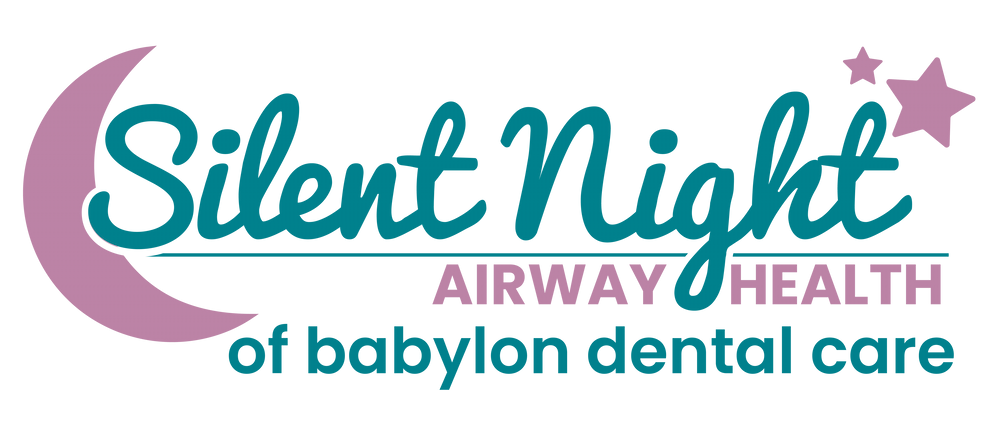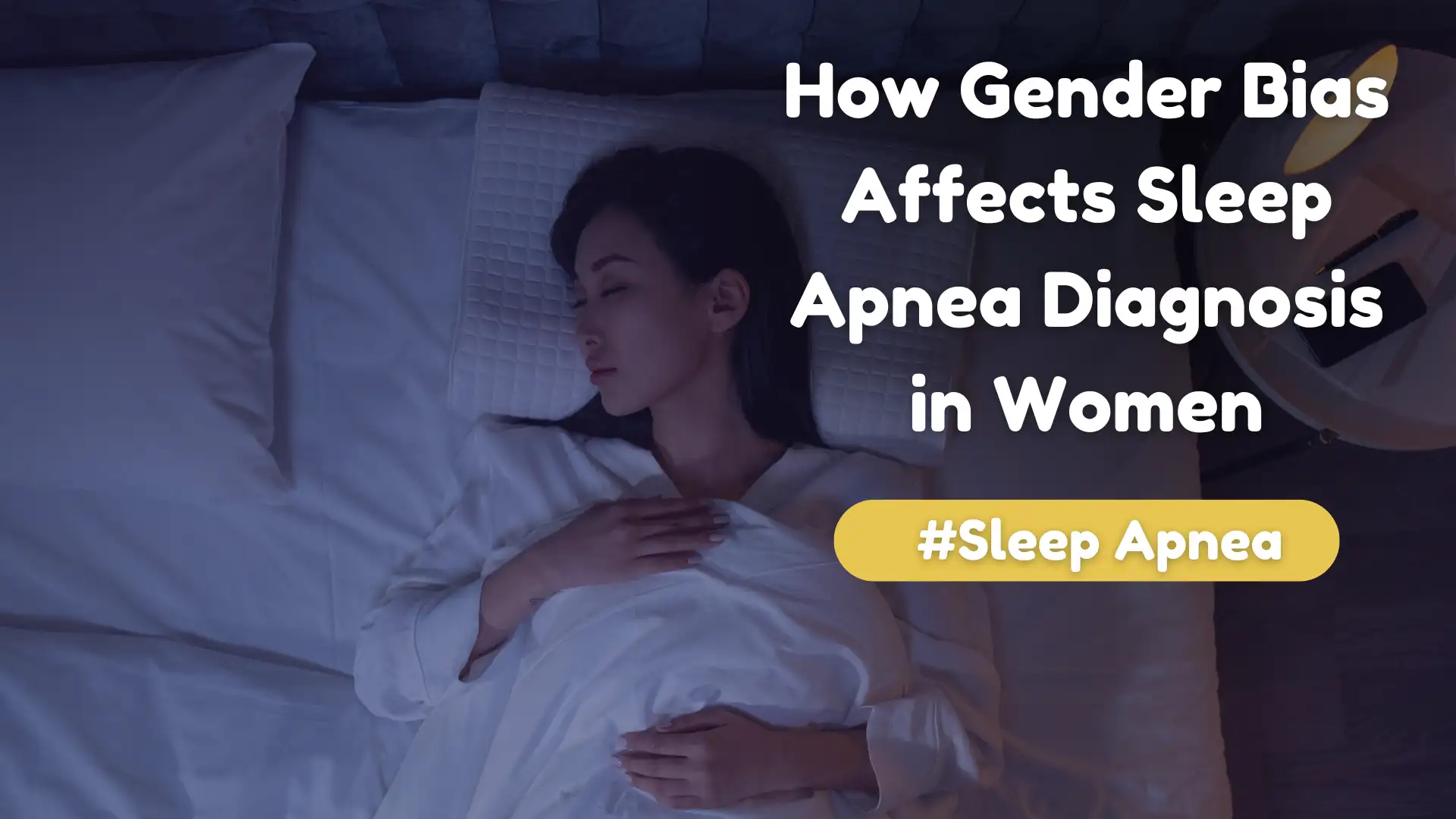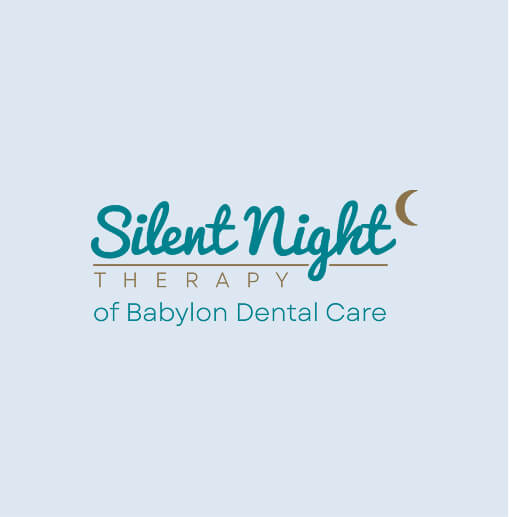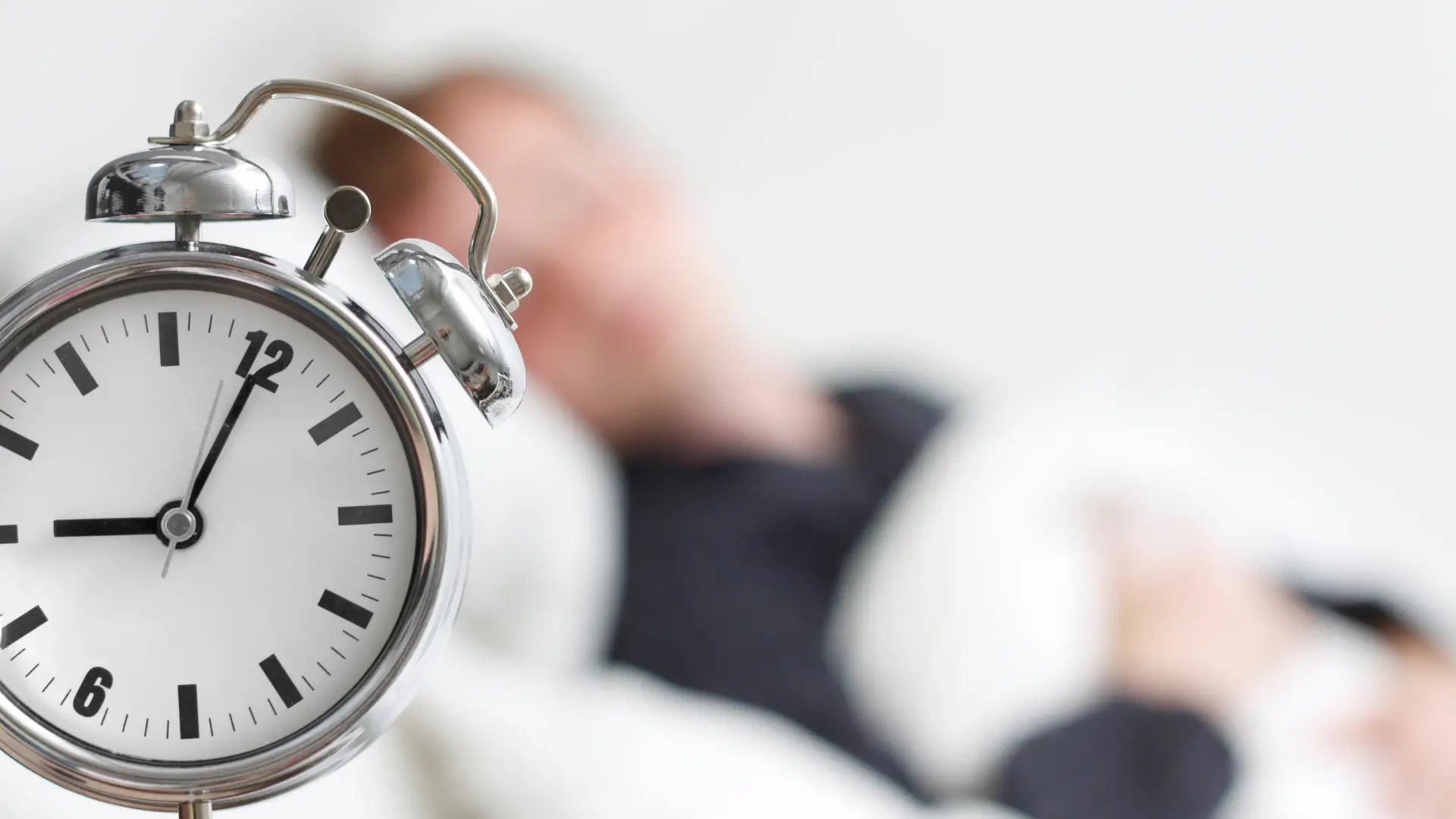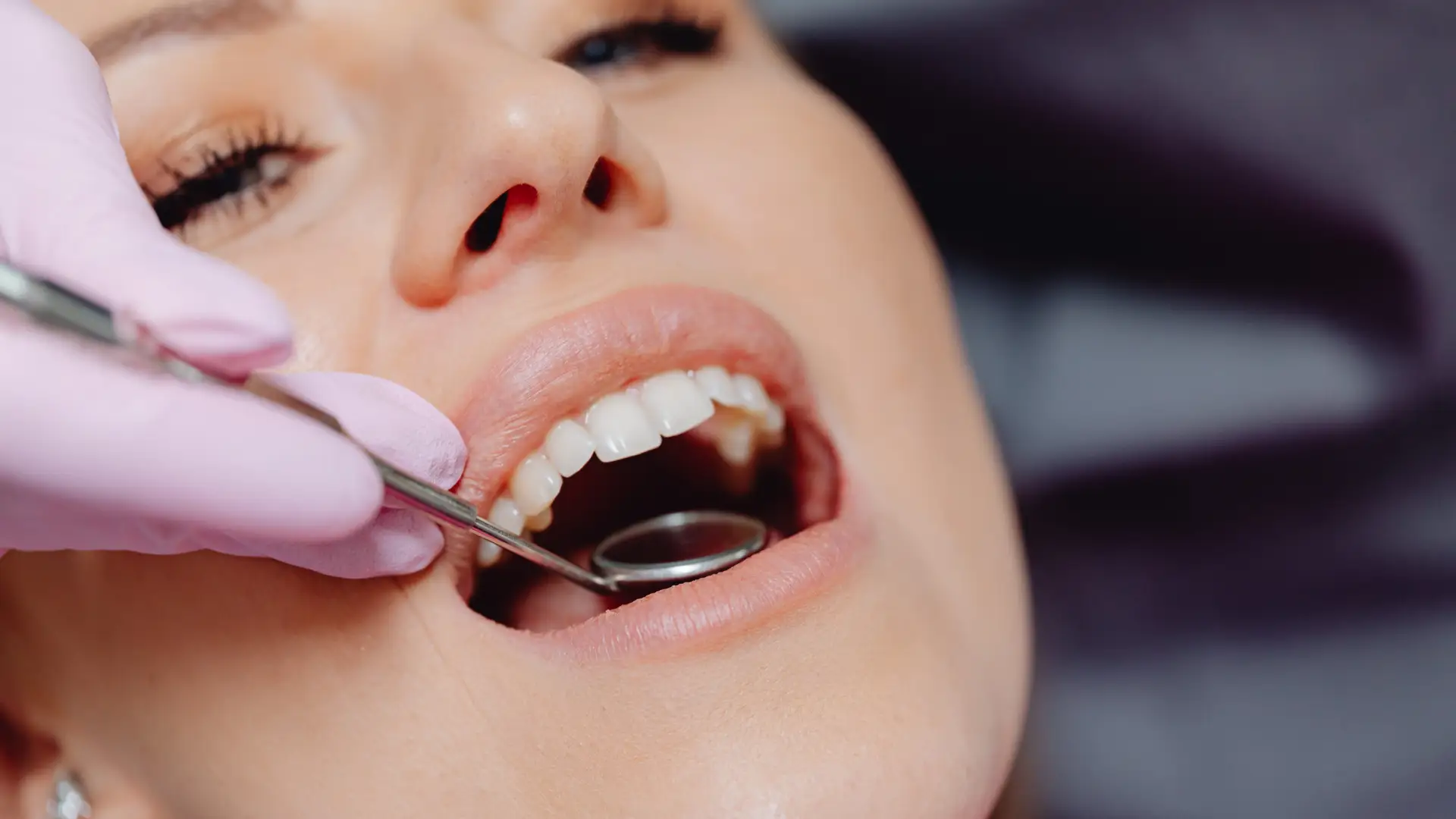How Gender Bias Affects Sleep Apnea Diagnosis in Women
Posted By:
August 1, 2025
9:00 AM
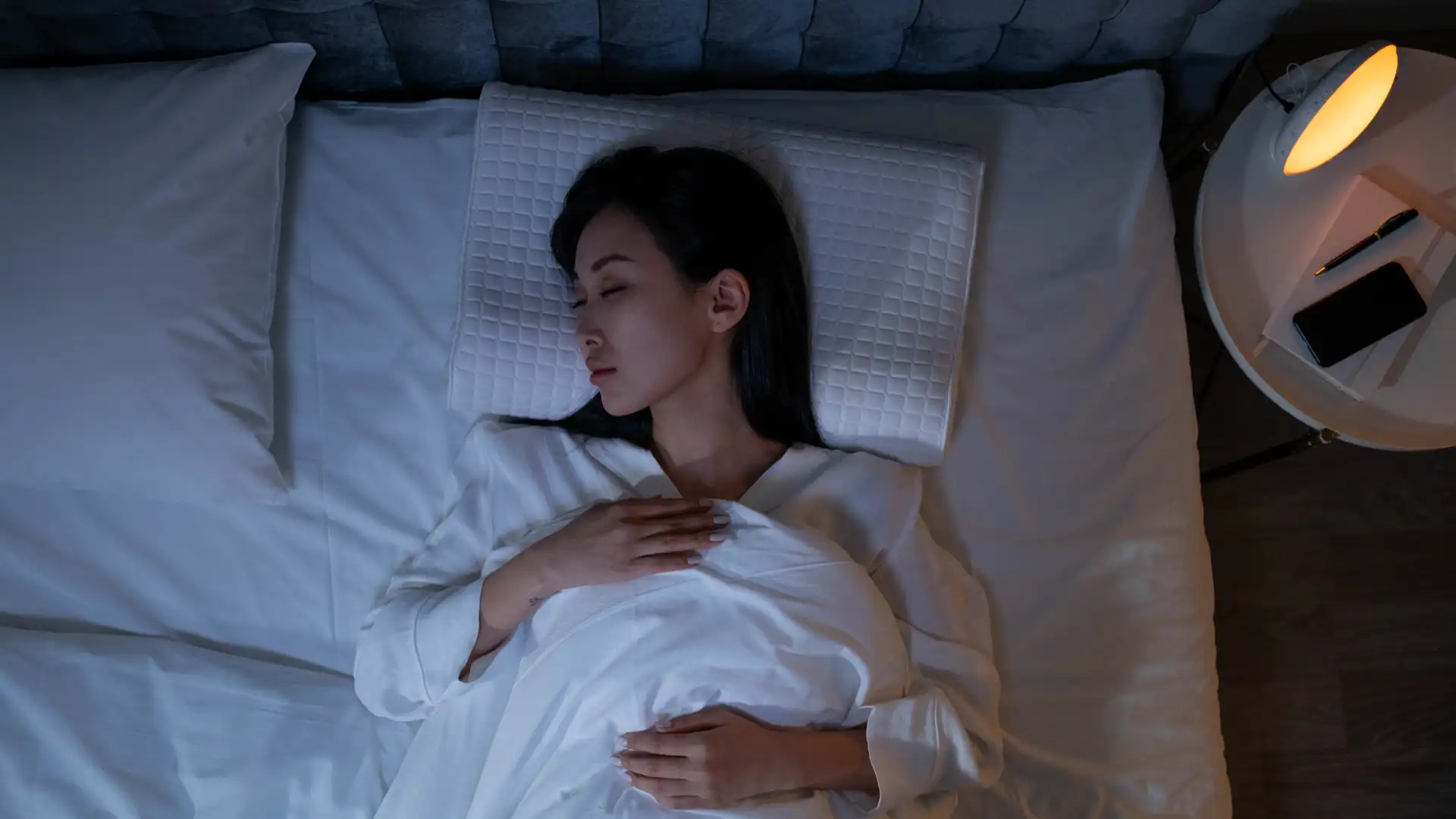
Sleep apnea does not manifest in the same way for everyone. That is especially true for women. While obstructive sleep apnea (OSA) affects both sexes, the diagnosis process often overlooks how it appears in women. Gender bias in sleep apnea diagnosis leads to underdiagnosis, misdiagnosis, and a lack of appropriate care. These gaps have serious health consequences, and they continue to go largely unaddressed.
Let’s break down why this happens, how symptoms differ, and why early and accurate diagnosis matters, especially for women.
How Gender Bias Influences Diagnosis
Many people still believe sleep apnea only affects older, overweight men who snore loudly. That outdated idea also appears in healthcare. As a result, doctors often miss the signs when women come in with different or less obvious symptoms.
Instead of loud snoring or gasping for air during sleep, women with sleep apnea are more likely to report:
- Constant fatigue
- Trouble falling or staying asleep
- Morning headaches
- Depression or mood swings
These symptoms don’t always fit the “typical” sleep apnea picture, so they’re often blamed on stress, anxiety, or hormone changes. That leads to misdiagnosis – or sometimes, no diagnosis at all.
To make things worse, many women aren’t referred for sleep studies like polysomnography, which can confirm obstructive sleep apnea. Even when they are, their results might not meet the outdated scoring standards some providers still use.
This isn’t just about missing one condition – it reflects a larger issue in women’s healthcare. Until sleep medicine begins recognizing how sleep apnea shows up in women, too many will continue to go overlooked and untreated, putting them at risk for serious health problems down the road.
How Sleep Apnea Presents Differently in Women
Men and women often have different signs of sleep apnea. Men usually exhibit more noticeable symptoms, such as snoring, gasping, or frequent waking. But women often don’t have those classic signs. Instead, they might deal with things like:
- Chronic fatigue or daytime sleepiness
- Difficulty falling or staying asleep
- Frequent nighttime awakenings
- Mood swings or depressive episodes
- Morning headaches
- Low energy or brain fog
Hormones play a significant role in how women sleep. During times such as pregnancy, perimenopause, and menopause, hormone levels change and can impact how well the muscles in the airway function during sleep. This can make breathing harder at night, but many doctors still don’t connect these changes to sleep problems.
Sleep apnea in women can also show up more during REM sleep, the deep stage of sleep when we dream. Since this stage is more difficult to track, sleep apnea may not be detected clearly on some tests, making it less likely to be diagnosed.
Doctors must recognize that sleep apnea does not look the same for everyone. Women need sleep tests that assess all their symptoms, including physical changes, emotional fluctuations, and hormonal shifts.
Consequences of Underdiagnosis in Women
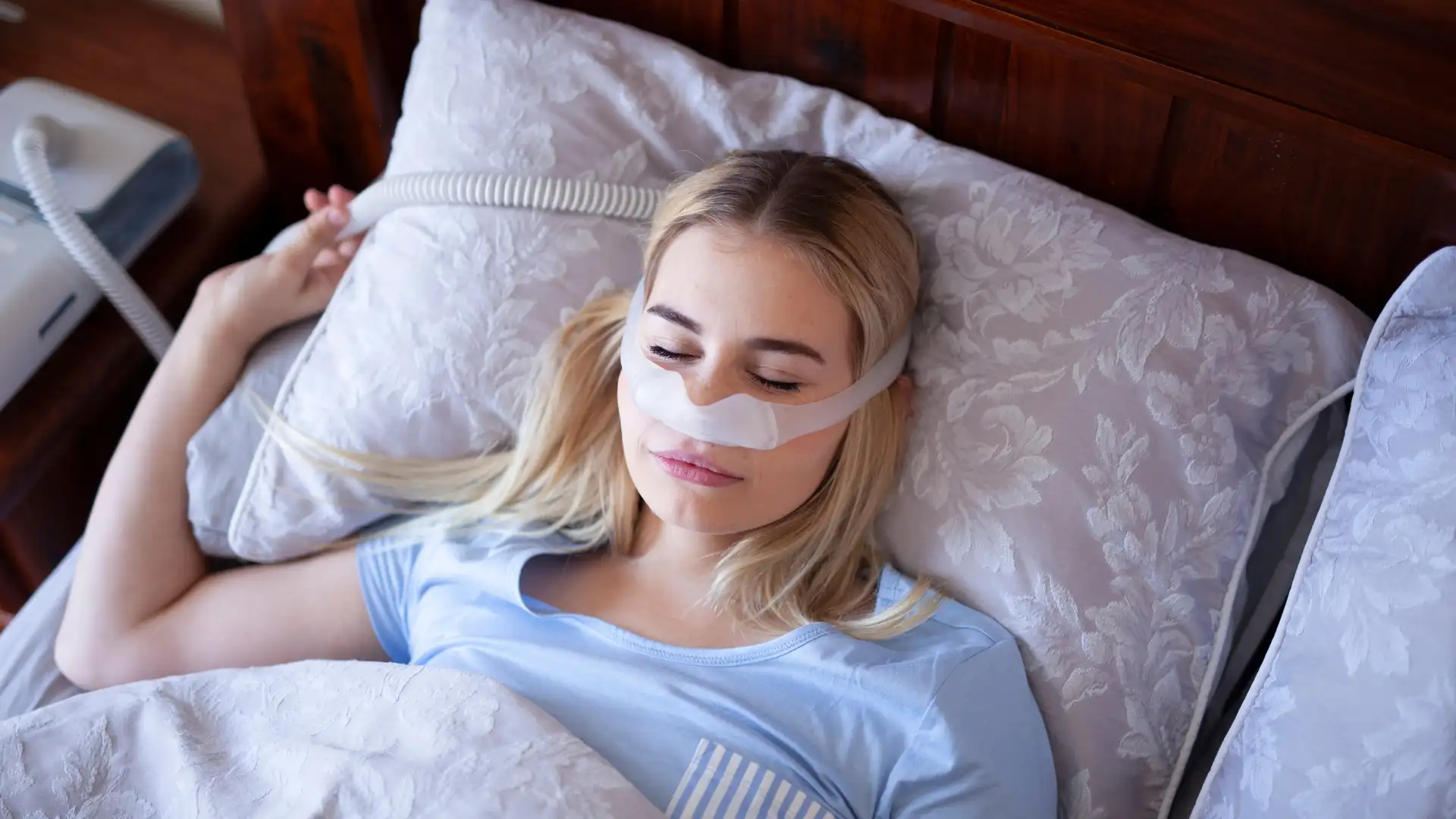
Untreated sleep apnea may cause:
- High blood pressure
- Heart disease or stroke
- Memory loss and brain fog
- Mood changes or depression
- Trouble focusing or staying awake
- A higher chance of diabetes
Some women feel brushed off when they bring up these problems to their doctors. That can be frustrating and stressful, and it can exacerbate sleep issues. Even when women do get a diagnosis, they may have a hard time using a CPAP machine. CPAPs can be loud, bulky, and uncomfortable, which makes it hard to fall asleep or stay asleep.
That’s why Silent Night Therapy offers a different solution. Our custom oral appliances are small, quiet, and easy to wear. They gently keep your airway open during sleep, helping you breathe more easily and wake up feeling more rested, without the hassle of a bulky machine or mask.
Take Control of Your Sleep Health
If you are experiencing sleep apnea symptoms but have not received a diagnosis, do not ignore the signs. Gender bias in sleep apnea diagnosis is real, and many women are often overlooked or misdiagnosed. You deserve a thorough evaluation and effective care that addresses your unique symptoms.
At Silent Night Therapy, we provide personalized oral appliance therapy for individuals of both genders with obstructive sleep apnea. If CPAP has not worked for you, or you have been dismissed despite ongoing fatigue or disrupted sleep, we are here to help. Call (631) 983-2463 to schedule your consultation and start sleeping better.
Related Posts:
